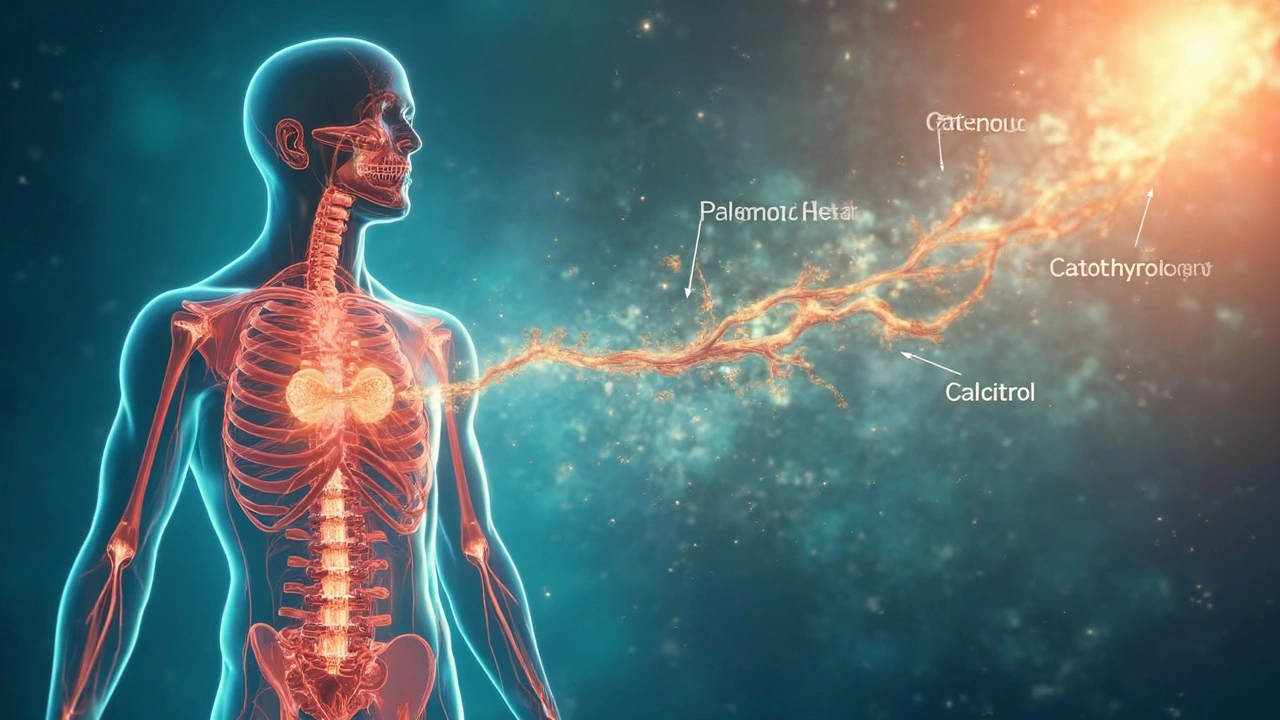Vitamin D: What It Is and Why You Need It
If you’ve ever heard doctors talk about sunshine pills, they’re referring to vitamin D. This fat‑soluble vitamin helps your body absorb calcium, keeps bones strong, and gives your immune system a boost. Most people get some vitamin D from sunlight, but modern indoor lifestyles, sunscreen, and cloudy climates can leave you short. Low levels can mean tired bones, frequent colds, or mood swings. The good news? Fixing a deficiency is usually simple and affordable.
Top Food Sources and Supplements
When the weather isn’t on your side, look to your plate. Fatty fish like salmon, mackerel, and sardines pack a hefty dose. Egg yolks and fortified foods – think milk, orange juice, and breakfast cereals – also add up. If you’re vegetarian or avoid fish, fortified plant milks or a daily supplement can close the gap. Many people choose vitamin D3 (cholecalciferol) because it’s the same form your skin creates under UV‑B light. Pick a reputable brand that lists the exact IU amount on the label.
How Much Is Enough? Dosage and Safety Tips
The recommended daily allowance varies by age. Adults up to 70 years generally need 600–800 IU, while seniors may benefit from 800–1000 IU. Some doctors suggest higher doses for people with proven deficiency, but anyone considering more than 4,000 IU a day should check with a healthcare provider. Over‑supplementing can cause calcium buildup, kidney stones, or nausea, so stick to the advised range. If you’re pregnant, breastfeeding, or have a medical condition, ask your doctor to tailor the dose.
Testing your vitamin D level is easy – a simple blood test shows whether you’re deficient, sufficient, or excess. Most labs report 25(OH)D levels; 20‑30 ng/mL is enough for most folks, while 30‑50 ng/mL is optimal for bone health. Use the results to adjust your diet, sunlight exposure, or supplement plan. Remember, gradual changes work best; a sudden flood of high‑dose pills isn’t necessary.
Besides bone health, vitamin D may influence mood, muscle strength, and heart health. While research is still evolving, many users report feeling more energetic after correcting a low level. Pair vitamin D with magnesium or vitamin K2 for better calcium handling—these nutrients work together to keep calcium in bones, not arteries.
In a nutshell, vitamin D is a simple but powerful tool for everyday wellness. Get regular sunlight when possible, eat a few servings of fortified foods or fatty fish each week, and consider a modest supplement if you’re not hitting the target. Check your levels periodically, stay within safe limits, and you’ll give your body the sunshine it needs—no matter the weather.
